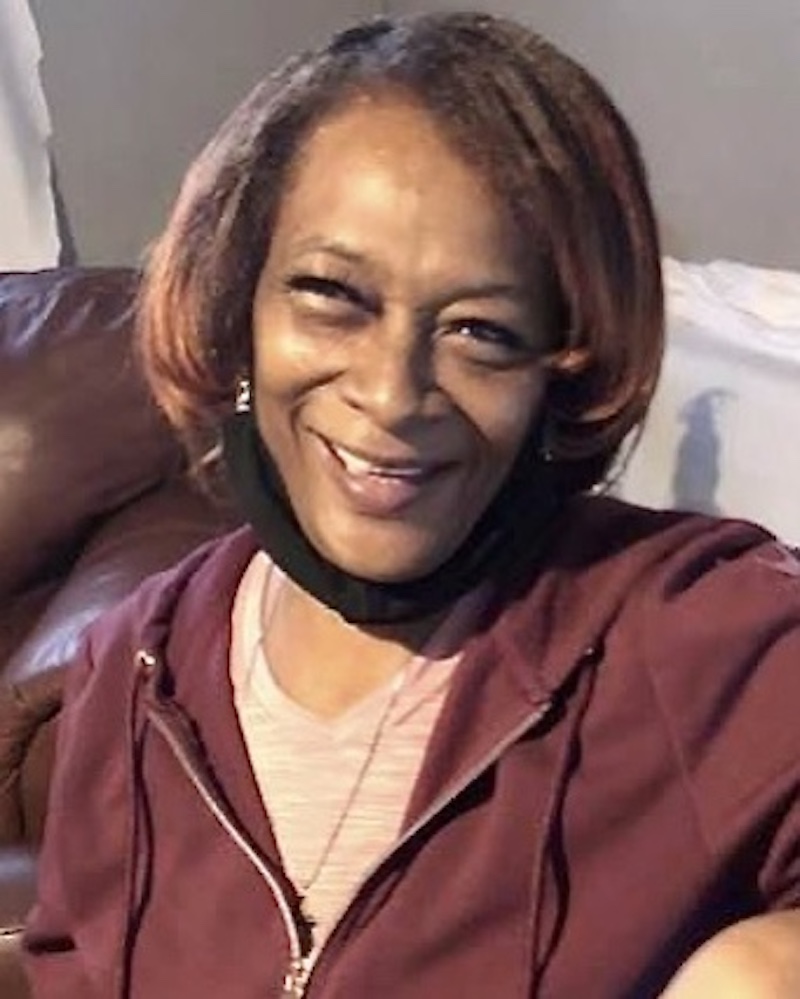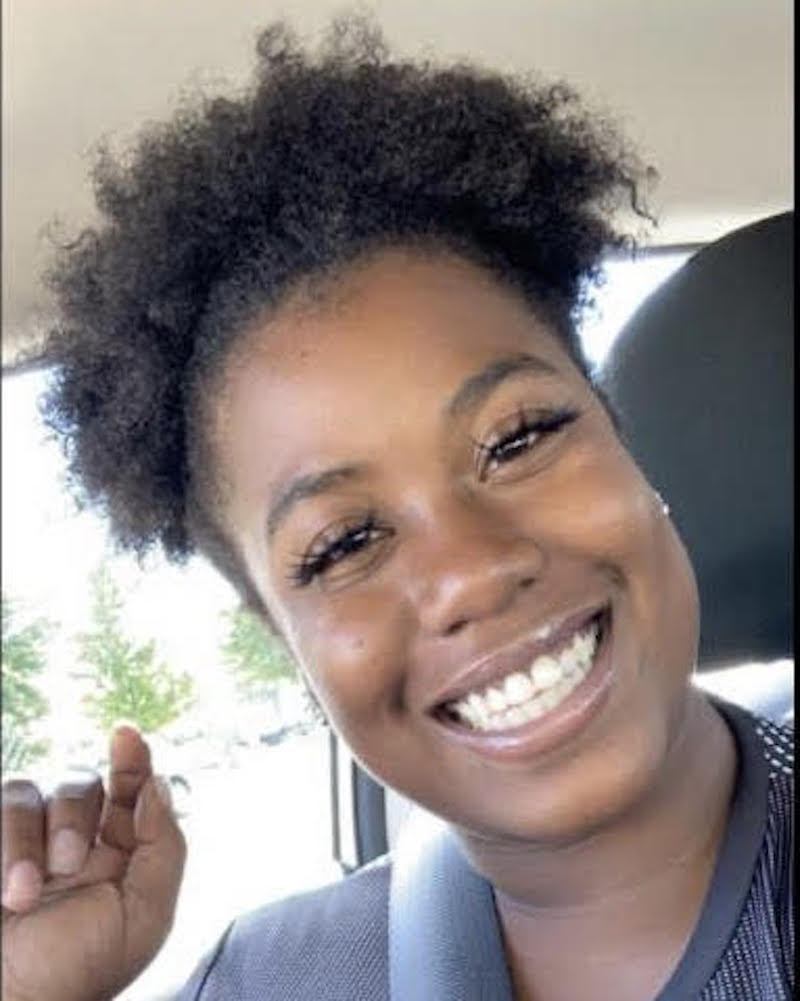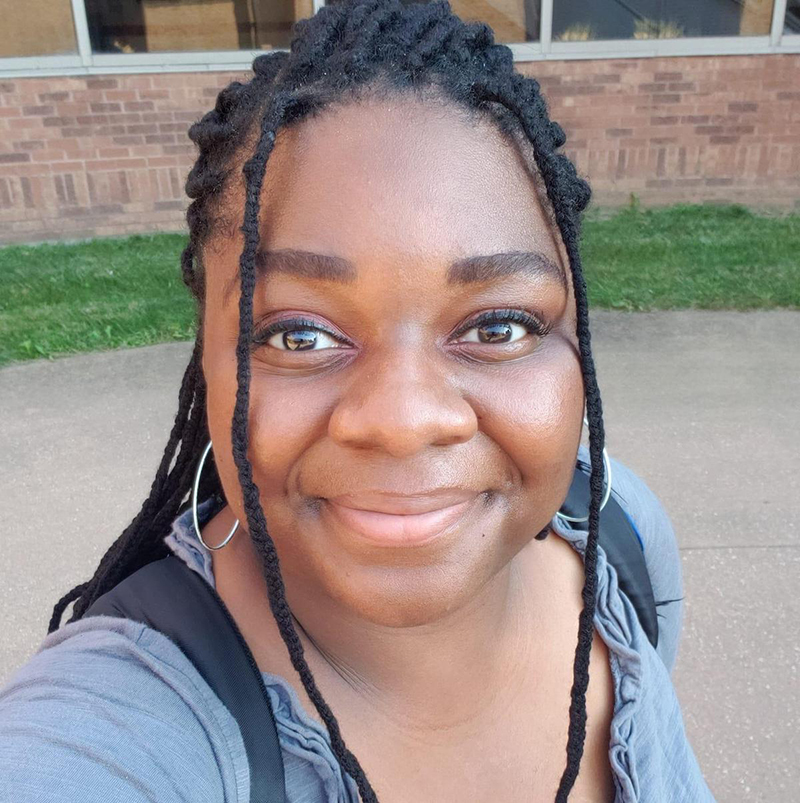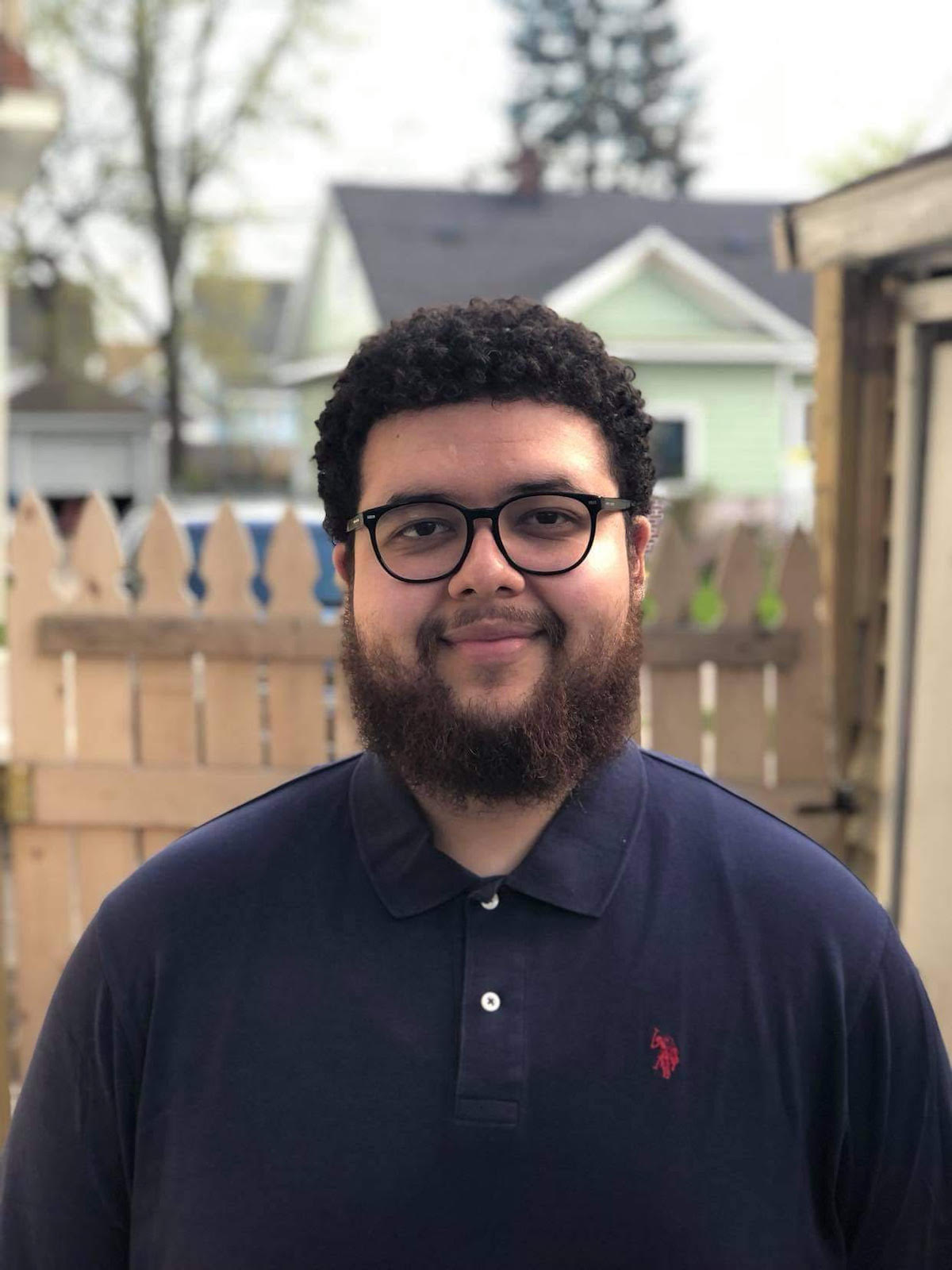What started out as one town hall in late September has blossomed into a refreshed perspective on racial justice for the Station Theatre, which it will be manifesting as a performance workshop series for BIPOC teens this coming July.
Last summer’s civil uprising against racism was the Station’s first substantial push to engage community members in discussions of theatre and racial justice. Its virtual town hall in September and similar discussions that followed spurred the company into action.
“It was really clear that we had major goals,” says Jacki Loewenstein, board president at the Station and head workshop coordinator of the town hall. In this public discussion, participants identified the goal to engage and provide more opportunities for young people of color in the local theatre scene.
“The people who have been largely involved in community theatre are mostly white folks who have had opportunities to participate in community theatre as children, and through Park District programs, and other programs growing up,” says Loewenstein. “In order to really build relationships and expand our reach and create opportunities, one of the major goals was to start creating programs for young people, right at our theater.”
A grant offered by the City of Urbana Arts and Culture program prompted the Station to enact just that: a theatre training program, free of charge, for young people of color. The Teen Spotlight program is a partnership with Black Voices Theatre Production and the Champaign Urbana Theatre Company, and is run entirely by Black and Latinx theatre artists. The specific content will be tailored to participants but will generally include acting, design, creative collaboration, and exploration of work by BIPOC playwrights.
Leslie Smith, founder and CEO of Black Voices Theatre Production, is spearheading the team of leaders who will guide participants through the brand new nine-session workshop. Years of involvement with racial justice-driven theatre projects throughout Champaign-Urbana have more than prepared her for this next challenge.

Photo courtesy of Leslie Smith.
“I’m particularly excited about the project being a new platform for people of color, and introducing them to something that they probably ordinarily wouldn’t have the opportunity to be exposed to, which is theater arts,” Smith says. “I see theatre arts also as a platform for coping skills, generating new coping skills, healthier coping skills, through the arts.”
Smith will be overseeing the entire workshop as well as teaching students herself. Her lessons will focus on team building and working through individual challenges via techniques such as physical theatre and improvisation. She will be joined by fellow theatre artists Victor Ruiz-Divas, Kayla Smith and J’Lyn Hope, as well as several guest designers of color (names TBA).

Photo courtesy of Kayla Smith.

Photo courtesy of J’Lyn Hope.
Ruiz-Divas, graduate student and assistant for Inner Voices Social Issues Theater, will be working behind the scenes as well as facilitating workshops. For him, the biggest rewards of this project include both introducing students into the world of theatre and helping to guide them through the process.

Photo courtesy of Victor Ruiz-Divas.
“We would like to provide them with the opportunity, and also show them that we can also do this type of creative work,” says Ruiz-Divas. “I am really happy that the Station Theatre is providing this great opportunity, right? Because there’s a great opportunity for this program to trailblaze a potentially new pipeline to introduce these students into this type of work where otherwise they wouldn’t be exposed to it.”
Exposure to the arts isn’t the only benefit for the Station’s future workshop participants. Theatre training for young artists of color can also help them process, explore and strengthen their senses of both personal identity and community.
As Smith puts it, the arts can often be “a way of helping our community heal… Everyone can relate in some way through the arts.”
If art is a universal language, then it presumably becomes even more relevant when we are separated physically from each other. The Station Theatre is finding ways to overcome the distance (safely, of course). The workshop sessions will be held outside, but may move inside the Station building if public health guidelines allow.
“We just finished a major renovation,” says Loewenstein. “I think that’s very fitting, actually, given that we are adapting our mission to be more inclusive, that the very first artists to grace our new stage will be people of color.”
Any discomfort of adjusting to pandemic restrictions onstage is no match for the value of connecting with community.
“We are really used to being in person,” Ruiz-Divas admits. “But it has also allowed us to explore other methods… to think outside the box, and think about more new, innovative ways to present theatre and work in theatre.”
No matter the format, the Teen Spotlight program is a thriving example of theatre’s unwavering ability to guide, connect and invigorate individuals and communities. Its profundity and social impact deepens when we prioritize racial justice in the work. This workshop is a meaningful beginning of that journey for the Station and theatre at large in Champaign-Urbana.








